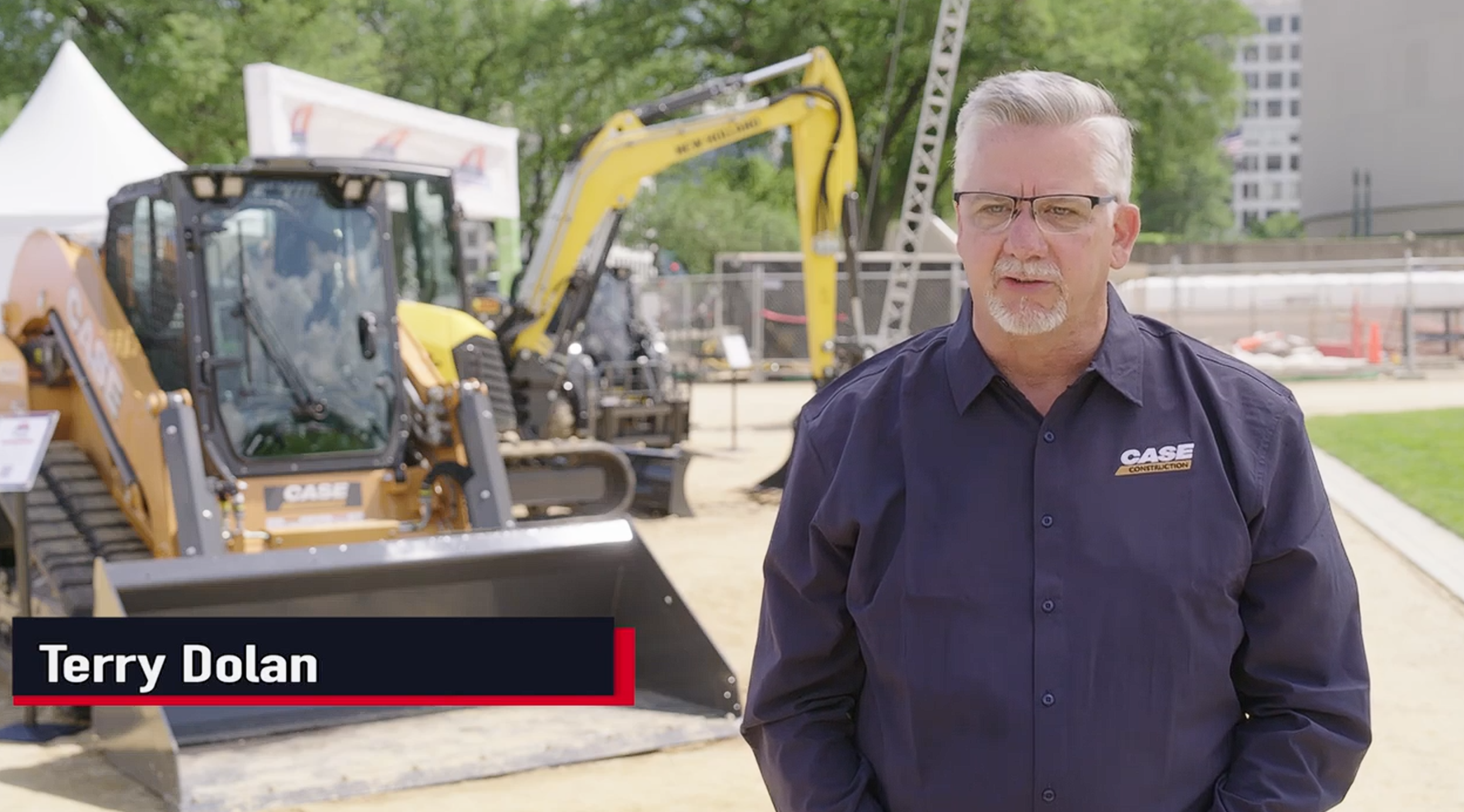By Kip Eideberg, AEM Senior Vice President of Government and Industry Relations —
Editor’s Note: This was originally published by The Hill, a top U.S. political website read by the White House and more lawmakers than any other site – vital for policy, politics, and election campaigns. It is being republished here with their permission.
The ongoing supply chain issues facing equipment manufacturers in America is a crisis that the 118th Congress cannot ignore. COVID-19 has disrupted the global economy in ways not seen since WWII, and unlike the global economic resurgence seen after the war, our modern economy has yet to fully recover.
A recent AEM survey found that nearly all respondents — 98% — are still plagued by supply chain issues. More troubling, 58% stated they are experiencing worsening conditions.
Equipment manufacturers are struggling to recruit and retain skilled workers to support their production levels while simultaneously scrambling to source intermediate components. In both the agriculture and construction sectors, semiconductors and chips remain in short supply, with the average optimal inventory falling under 50%. In the agriculture sector, tracks and their included components are particularly scarce, with only 27% of optimal inventory available.
These supply chain bottlenecks have a significant impact on equipment manufacturers. Year to date, manufacturers are seeing an average production loss of 12% and are forecasting continued production loss exceeding 8% in 2023. This is especially critical given that many manufacturers are already fully sold out for 2023. Adding to the pain of manufacturers are reduced margins of 8.6% with little improvement forecast for next year. Lead times have also more than tripled since 2019.
Equipment manufacturers cannot overcome these persistent supply chain issues alone. Congress must take swift action to reduce the stress on our supply chains to ensure that American businesses are better prepared to deal with future disruptions.
One way for lawmakers to accomplish this is by investing in technology and data analytics to improve visibility and predictability in the supply chain. With advanced tools and techniques, companies can better anticipate and prepare for potential disruptions and make more informed decisions. The Supply CHAIN Act was a step in the right direction, but more action is needed.
The United States must also diversify supply chains and reduce reliance on China, which has been the “factory of the world” for decades. We should be realistic about our short-term ability to re-shore manufacturing to bolster our supply chains. Technologically advanced, research-intensive production, such as semiconductor and battery manufacturing, is a prime candidate for re-shoring, as the United States cannot as easily compete in more labor-intensive manufacturing due to higher costs. Lawmakers must therefore build on the legislative success of the CHIPS and Science Act to make additional investments in domestic production capabilities and support research into new materials and manufacturing techniques.
In addition, the 118th Congress should enact much-needed reforms to streamline the permitting process and remove tariffs on critical components. Both will remove needless red tape and ensure manufacturers receive the critical inputs they need more expeditiously and cost-effectively.
Supply chain disruptions are a crisis that requires immediate action. We need our elected officials to champion policies that will strengthen and diversify our supply chains, support domestic manufacturing, and create stability and predictability for businesses. If they do not act now, we risk further damaging our economy and our global competitiveness.
Subscribe to the AEM Industry Advisor for more staff perspectives.





